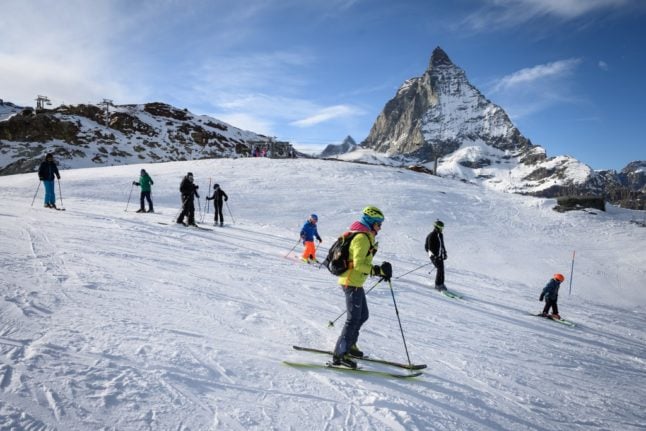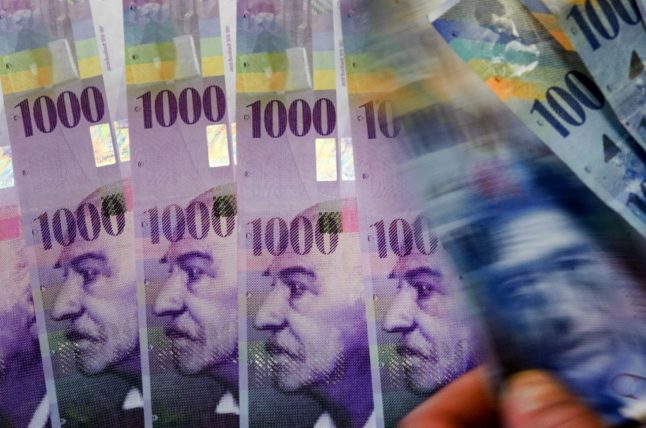Major ski areas in Switzerland were open over the Christmas holidays but some smaller ones announced they would remain closed.
For instance, ski lifts in Schwyz, Zug, Lucerne, Uri, Nidwalden, Obwalden, Zurich, Appenzell Innerrhoden, and St. Gallen announced they would not be operating.
MAPS: Which Swiss ski regions are open?
These cantons heeded the plea from Zurich’s authorities, who urged for pistes to close so as not to overburden medical facilities, which are already near their full capacity.
“The hospitals in Zurich are hardly in a position to care for accident victims from the ski areas ”, officials said.
While these cantons have only limited ski possibilities — unlike those in Valais, Graubünden or Bern — the worry is that people coming back to these region with ski injuries sustained elsewhere will overcrowd their already strained health system.
This is based on a suggestion made by authorities in Graubünden that injured skiers should be treated in their cantons of residence and not where they had the accident.
READ MORE: UPDATE: Swiss ski resort sets quotas for slopes while Zurich demands pistes close
However, Les Portes du Soleil in canton Valais, one of Switzerland's biggest ski resorts, announced that starting on December 18th it would set a quota on the number of skiers allowed on its slopes in a bid to rein in the spread of Covid-19.
“Each day, only a predefined number of day passes will be put on sale”, officials said.
Resorts where slopes are open must adhere to strict protective measures to prevent the spread of coronavirus.
The rules were put into place by the Swiss Ski Lift Association as well as public health officials.
READ MORE: EXPLAINED: What are the Covid-19 rules for skiing in Switzerland this winter?
For instance, masks are mandatory not only in closed spaces such as mountain trains and cable cars, but also on open-air chair lifts and T-bars, as well as in queues.
In addition, queuing is regulated so it runs in an orderly manner and without major clusters.
The number of passengers in closed ski cabins will be lowered to two thirds of the usual capacity.
And cantons must ensure that they have the hospital capacity and the ability to undertake testing and contact tracing.
More detailed information can be found here.



 Please whitelist us to continue reading.
Please whitelist us to continue reading.
Member comments